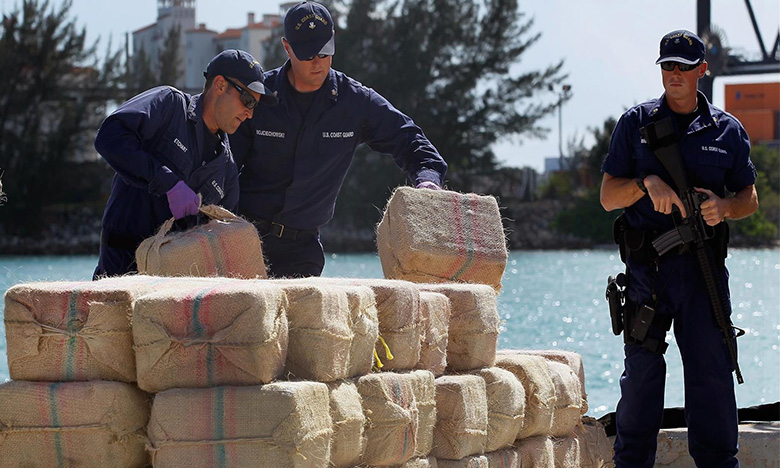It was late January when, in the beach-famous pulse of South Florida, the mayor of Miami held a town hall for the first task force to reduce opioid addiction in his community. “Laws need to be changed at the state,” Carlos Giménez told reporters. “We’ve had more opioid deaths in the last year than car crashes, than homicides.”
It is a common refrain, one heard from West Virginia, where the children of doped-up parents are flooding foster care, to New Hampshire, where Donald Trump — then a candidate — promised to increase mandatory minimum sentences for traffickers while expanding “access and treatment to those struggling with addiction.” And in Florida, legislators not only seemed to hear that clarion call but to heed it: In May, the state Senate added the opioids fentanyl and carfentanil to a list of drugs that mandate a minimum of three years in prison (in many cases, defendants face much more). The increase in mandatory minimums makes Florida the most visible state to diverge from a nationwide trend that until recently had focused on reversing the policies of the Drug War rather than reviving them.
They are driven, in part, by the devastation wrought by opioids in the state. While heroin and painkillers may not seem like the drugs of choice in the hotshot car-and-celebrity culture of South Beach, deaths from fentanyl-laced heroin use jumped sevenfold in the last available year of data, a Miami-Dade prosecutor reported at that first task force gathering. In 2015, heroin, fentanyl and oxycodone led to nearly 4,000 deaths in the state, according to the most recent Florida Department of Law Enforcement statistics, about 12 percent of the 33,000 deaths nationwide.
In May, Republican Gov. Rick Scott called a “state of emergency” surrounding opioid abuse, which could allow tens of millions of federal dollars to flow into Florida’s health care system. So while liberal criminal-justice activists and conservative fiscal hawks alike have favored rehabilitation in states as varied as Maryland, Oregon, Texas and Georgia, the Sunshine State has favored an incarceration-heavy approach that could become more widespread under President Trump and his attorney general, Jeff Sessions, who recently ordered federal prosecutors to seek the strongest sentences against defendants. “By definition, the most serious offenses are those that carry the most substantial guidelines sentence, including mandatory minimum sentences,” Sessions wrote in a memo in early May.

